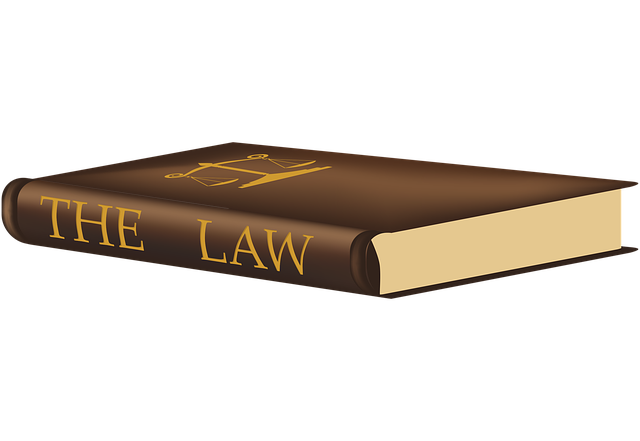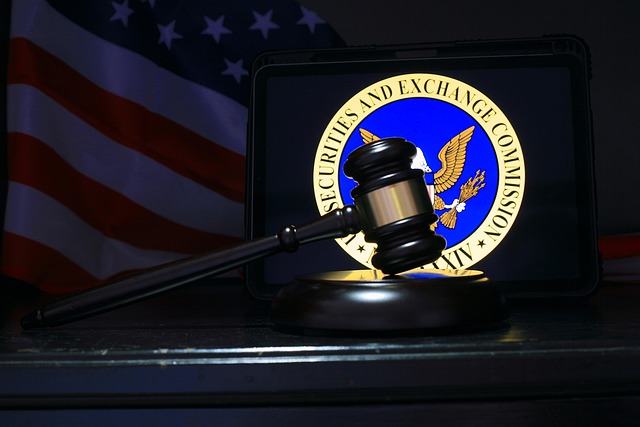Proving damages is crucial in defamation cases to demonstrate harm, with strategies focusing on financial losses and reputational damage assessments. Legal professionals differentiate between criticism and defamation through investigations, case law, and expert analysis, ensuring fair outcomes. In fraud litigation, quantifying victim loss involves documenting economic harm, while skilled attorneys guide clients through legal complexities for just compensation. Effective navigation in court requires comprehensive documentation and expert analysis to establish damages, compelling compensation for both financial and reputational losses.
Navigating regulatory fraud laws is a complex task, especially when it comes to defamation. This article breaks down key aspects of proving damages in defamation cases, offering insights into understanding the basics of defamation law and strategies for demonstrating both financial harm and reputational damage. By exploring these critical components, businesses and individuals can better protect themselves against fraudulent practices and ensure fair legal outcomes. In terms of SEO keywords, focusing on “proving damages in defamation cases” provides valuable guidance for readers seeking to mitigate risks and secure justice.
- Understanding Defamation Law Basics
- Proving Financial Harm in Fraud Cases
- Strategies for Demonstrating Reputational Damage
Understanding Defamation Law Basics
Defamation law plays a crucial role in protecting individuals and businesses from harmful falsehoods. At its core, defamation involves making a false statement about someone or something that damages their reputation. Proving defamation requires demonstrating both the falsity of the statement and its harm to the victim’s reputation. The key to success lies in proving damages, which can encompass various forms such as loss of business opportunities, damage to professional relationships, or emotional distress caused by the false accusation.
Understanding the complexities of defamation is essential, especially when navigating all stages of the investigative and enforcement process. Whether dealing with white collar and economic crimes or corporate and individual clients, legal professionals must be adept at distinguishing between legitimate criticism and defamatory statements. This involves meticulous fact-finding, expert testimony, and a deep understanding of case law to ensure fair and just outcomes in defamation cases.
Proving Financial Harm in Fraud Cases
Proving financial harm is a crucial aspect of fraud cases, as it determines the extent of the loss incurred by victims and serves as a key factor in determining compensation. In defamation cases, establishing damages often involves showcasing how false statements have affected an individual’s reputation, leading to potential financial repercussions. This process requires meticulous documentation and expert analysis to demonstrate the direct correlation between the fraudulent actions and subsequent economic harm.
Court proceedings, including jury trials, offer a platform for presenting this evidence, where skilled general criminal defense attorneys play a vital role in guiding their clients through the complex legal landscape. By employing strategic techniques, they help individuals or entities prove their financial losses, ensuring just compensation and holding perpetrators accountable for their actions.
Strategies for Demonstrating Reputational Damage
In defamation cases, especially high-stakes ones, proving damages can be a complex task. To demonstrate reputational damage, plaintiffs must showcase how false statements have harmed their respective businesses and personal brands. One effective strategy involves presenting tangible evidence, such as lost contracts or decreased market value, resulting from the defamatory actions. This quantifiable data can paint a clear picture of the financial impact on the individual or company.
Additionally, employing reputational damage assessments and expert testimonies can further strengthen the case. These methods help illustrate the broader effects on the client’s public image and industry standing. By combining financial losses with harm to reputation, plaintiffs can make a compelling argument for compensation, ensuring that justice is served in these sensitive matters.
In navigating regulatory fraud laws, understanding the nuances of defamation and its impact is crucial. By grasping the basics of defamation law and implementing effective strategies to prove both financial harm and reputational damage, individuals and entities can better defend against fraudulent claims. When it comes to proving damages in defamation cases, a comprehensive approach that combines legal expertise with robust evidence is essential for securing just outcomes.






